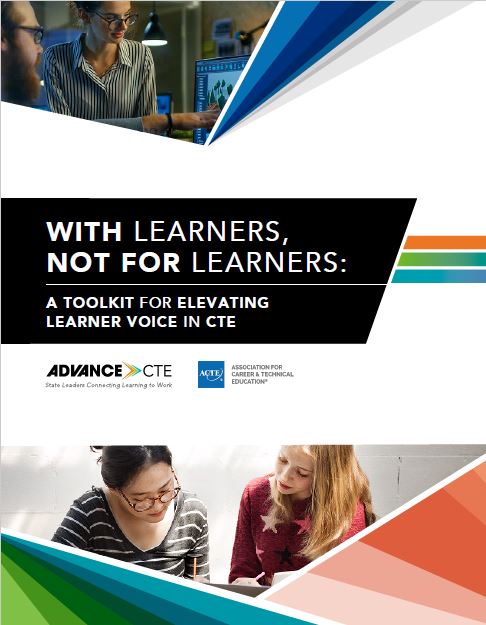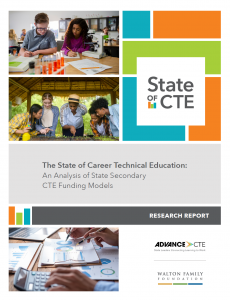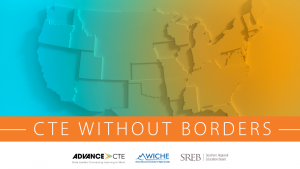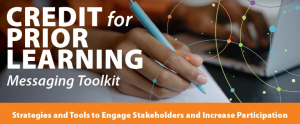
With Learners, Not for Learners: A Toolkit for Elevating Learner Voice in CTE
This toolkit provides state and local Career Technical Education (CTE) leaders with actionable resources, guidance and tools to ensure CTE learner voices are elevated and heard for the improvement of CTE policies and practices.




